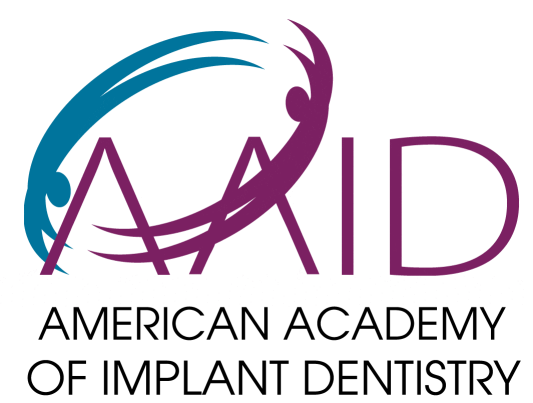Flossing provides essential benefits that brushing alone cannot achieve, removing plaque and bacteria from between teeth where 40% of tooth decay occurs. Regular flossing prevents gum disease, reduces tooth loss risk by up to 30%, eliminates bad breath-causing bacteria, and may even lower your risk of heart disease and stroke by reducing harmful oral bacteria that can enter the bloodstream.
Flossing remains the forgotten hero of oral hygiene, yet dental professionals consistently emphasize that this simple practice is not just recommended—it’s a critical defense against tooth decay, gum disease, and potential systemic health problems. Most people brush their teeth daily, but neglecting the spaces between teeth leaves nearly half of your tooth surfaces vulnerable to bacterial attack.
The key benefits of daily flossing include:
- Plaque removal from areas your toothbrush cannot reach
- Gum disease prevention by eliminating bacteria along the gum line
- Cavity prevention in the tight spaces between teeth
- Fresh breath by removing food particles and odor-causing bacteria
- Overall health protection by reducing inflammation linked to heart disease and diabetes
At Lansdowne Family Dental, we help patients understand that this simple two-minute daily habit can save thousands in dental treatments while protecting your smile for life.

The Primary Role of Flossing in Oral Care
Flossing is not just an additional step in your oral hygiene routine; it’s a crucial one. When you floss, you’re accessing the spaces between your teeth that your toothbrush can’t reach. These areas are breeding grounds for bacteria, leading to plaque buildup, gum disease, and cavities.
Why Flossing is Non-Negotiable
- Combatting Periodontal Disease: Nearly half of all US adults aged 30 and over suffer from some form of periodontal disease. This risk increases with age. Flossing helps in reducing the chances of developing this ailment.
- Preventing Cavities: A CDC report highlighted that 1 in 4 adults between the ages of 20-64 currently has at least one cavity. Regular flossing can significantly reduce this risk.
- Cost-Effective Prevention: Both periodontal disease and cavities can lead to expensive dental treatments. Being proactive with flossing can save you both pain and money in the long run.
For residents of Ashburn, Leesburg, Sterling, and Lansdowne, VA, choose Lansdowne Family Dental for quality dental care. We offer various dental services with a patient-centric approach. Start your dental journey with us. Contact us!
Benefits Beyond Clean Teeth
- Bad Breath: Flossing can help in better removal of bad breath-causing bacteria than brushing alone.
- Gum Health: Regular flossing reduces the likelihood of gum soreness, puffiness, and redness.
- Preventing Gingivitis: Flossing is a frontline defense against gingivitis, which can escalate to periodontitis if left unchecked.
Choosing the Right Floss for You
There are various types of floss available in the market:
- Traditional Floss: Available in waxed and un-waxed forms.
- Super Floss: Ideal for those with braces, bridges, or wide gaps between teeth.
- Floss Picks: Convenient for on-the-go flossing.
- Air and Water Flossers: Use pressure to flush out debris between teeth.
When and How Often Should You Floss?
For optimal oral health, it’s recommended to floss at least once a day, preferably before bedtime. It’s also beneficial to floss before brushing to ensure that loosened particles are effectively cleaned away.
Conclusion
Flossing is an integral part of a holistic oral care routine. It not only ensures the cleanliness of your teeth but also safeguards your gums and overall oral health. By understanding and emphasizing the significance of flossing, individuals can take a proactive approach to their dental health, leading to a brighter smile and a healthier future.
FAQs
- Why is flossing essential? Flossing removes food particles and plaque from areas your toothbrush can’t reach, preventing gum disease and cavities.
- How does flossing prevent bad breath? Flossing removes bacteria and food particles trapped between teeth, which are common causes of bad breath.
- Is it better to floss before or after brushing? It’s recommended to floss before brushing to ensure that loosened particles are cleaned away effectively.
- Can I use water or air flossers instead of traditional floss? Yes, water and air flossers can be effective alternatives, especially for those who find traditional flossing challenging.
- How often should I replace my floss? It’s essential to use a new segment of floss for each session to ensure hygiene.
- Can flossing too hard damage my gums? Yes, aggressive flossing can harm your gums. It’s crucial to be gentle and follow proper flossing techniques.
Take the Next Step
Ready to prioritize your oral health? Start by incorporating flossing into your daily routine. Remember, a few minutes of flossing can lead to a lifetime of healthy smiles.






